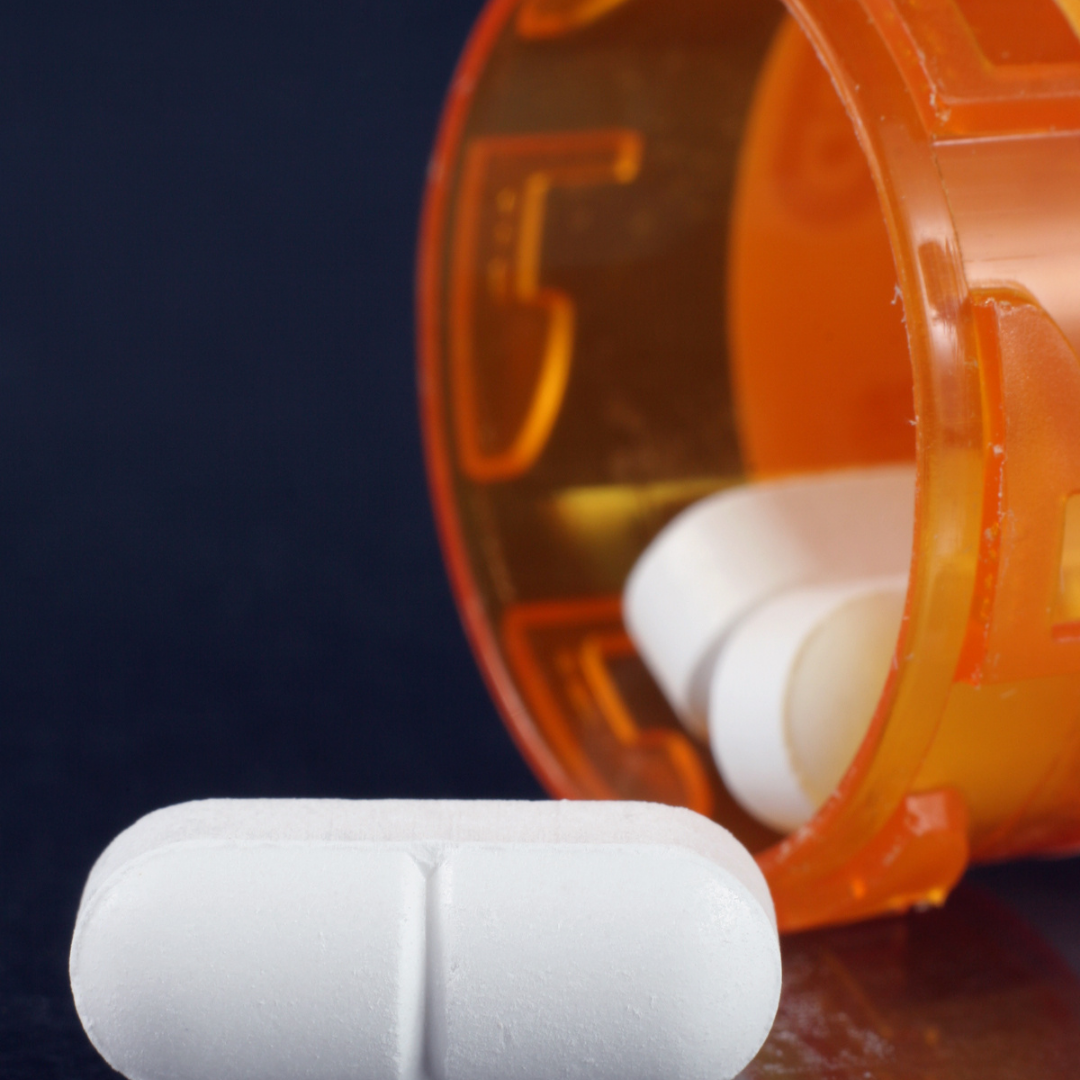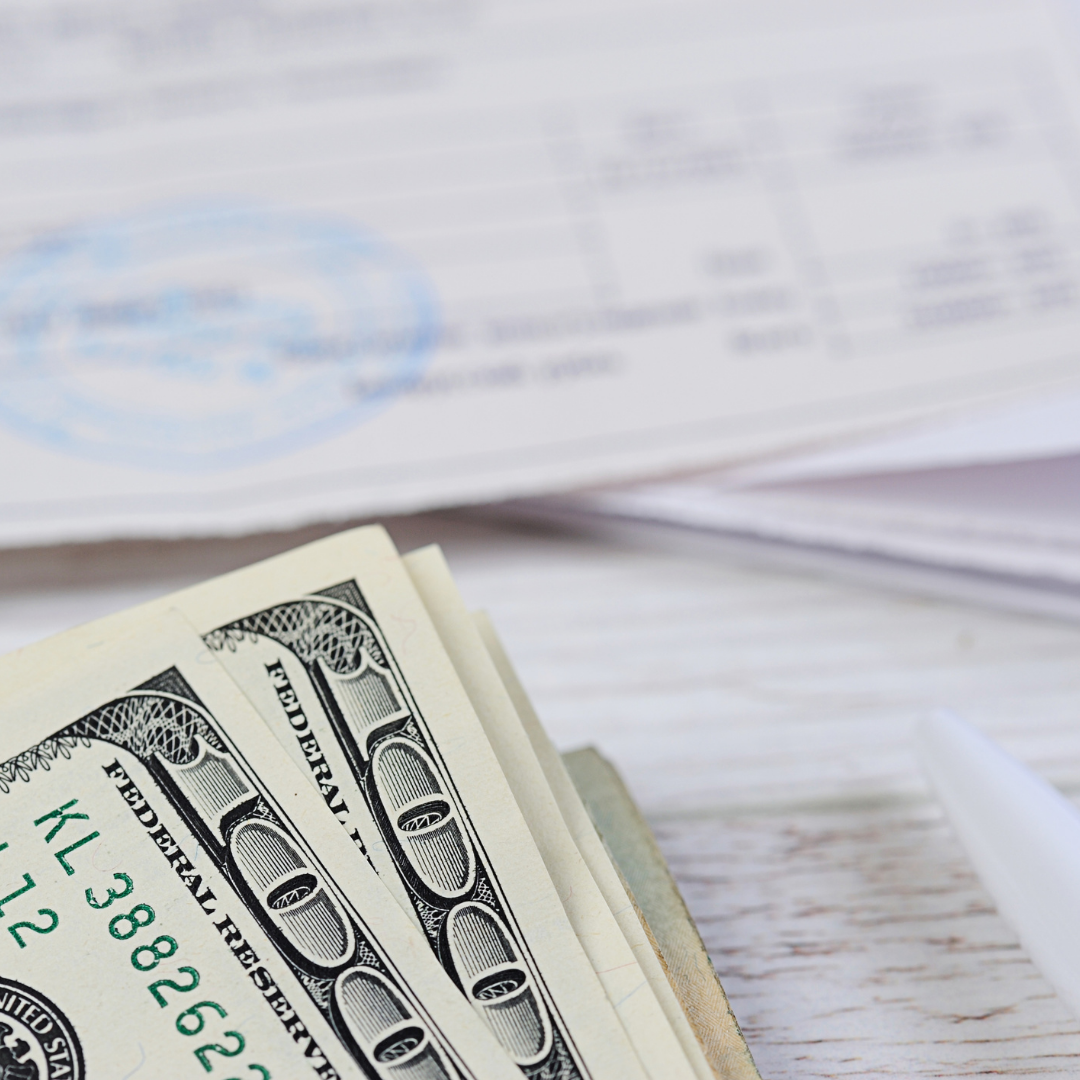
There is no need to be afraid of using controlled prescription drugs legitimately but do take time to learn the rules and regulations and periodically evaluation your practice for compliance with controlled substance rules and regulations. Implement...
Read more
I tell all my clients to devise a system to track their credentials and their team members' as well....all of them. Dentists can be disciplined by their state Dental Board, disqualified by insurance companies, excluded fr...
Read more
Daily perspective (pre-bill) audits help identify and minimizes billing errors by ensuring the accuracy of claims before they are submitted. This step alone can help compliance programs pay for themselves. Periodic retrospective audits involve the det...
Read more
No matter where you in the U.S. you practice dentistry, there are laws or rules that require you to obtain written, informed consent for treatment from your patients....which is express permission to do what your patients hire you to do for them. Go...
Read more
If the government and third-party payors know you maintain an effective compliance program and have your ducks in a row, you are less likely to get picked on in the first place! We have seen it happen. <...
Read more
Michael Gerber in The ‘E’- Myth (Revisited) illustrates the importance of developing duplicate-able systems. He demonstrates that a business owner’s value is in their system. This makes sense (dollars too, BILLIONS of them!) Look at McDonald's,...
Read more